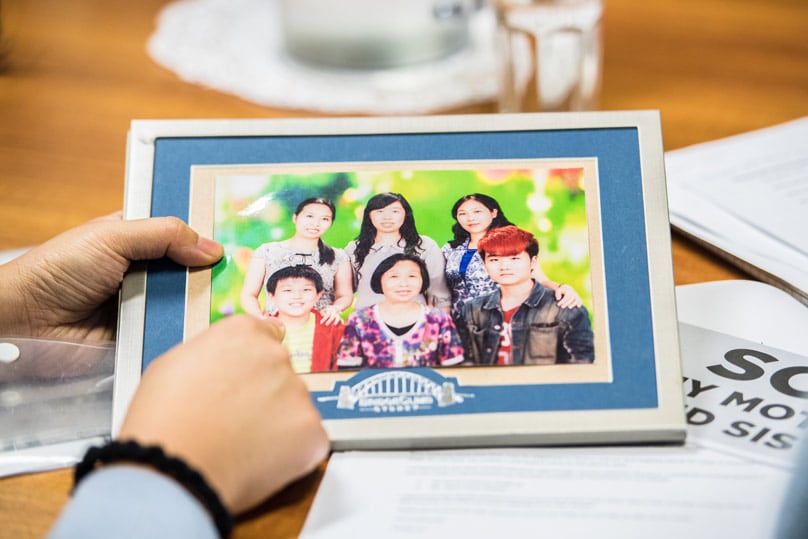
In a special selection of recent articles, The Catholic Weekly examines an issue that neither Australian society nor Australian media seem to be particularly interested in, much less concerned about. Yet it is one of the great human stories of the 21st century: religious persecution around the globe.
As many of our readers will be aware from recent media reports, Australia’s national broadcaster, the ABC, already appears to have taken the decision to continue its ongoing policy to downgrade religious affairs reporting by stripping the head of the ABC Religion Unit, Jane Jeffes, of her editorial authority and re-assigning her commissioning authority into general programming. Adding insult to injury, Ms Jeffes was forced to re-apply for her own job in June, in competition with another senior ABC manager who is not a specialist in religious issues.
In so doing, the ABC effectively expressed its often-talked-about contempt for both its own charter and the huge percentage of Australians for whom religious faith is vitally important. That being the case, The Catholic Weekly is happy to step into the breach this week and do what the ABC clearly does not think is important enough.
Clearly, religious persecution is one of the major issues facing religious believers around the globe. The map produced by that remarkable non-government-organisation, Aid to the Church in Need, which spreads across both our front and back covers this week gives some idea of the disturbing daily reality that faces religious believers – and those who follow other religious faiths or belief systems – as the early years of this century unfold. In none of the cases reported on by The Weekly are religious believers urging violence against their neighbours, their societies or their countries. Yet for the simple act of choosing to believe in something other than official policy or prevailing prejudice they are made to suffer – and often horrifically.
To assert this is to be neither melodromatic nor obtuse. Readers of The Catholic Weekly in recent years will have become somewhat familiar (we hope) with the sufferings of Christians especially in the Middle East and in parts of Africa, for example. Beheadings, barbaric sexual slavery, public tortures and executions, imprisonment, mass displacements and numerous other privations have become the lot of huge numbers of Christians throughout the world. In some places, Christianity has been almost extinguished numerically.
But those who follow other faiths also experience equally horrific treatment for the crimes of thinking and believing differently (see Catherine Sheehan’s interview with two members of Falun Dafa, practioners of Falun Gong). The jury is now effectively in, thanks especially to the work of former Canadian Secretary of State David Kilgour and human rights lawyer David Matas over the last 15 years or so, on the official practice – and highly profitable business – of farming and harvesting human organs from live imprisoned practitioners of Falun Dafa, an ancient form of Chinese religious practice and meditation. That this repugnant practice can continue to flourish with little media attention from countries such as Australia or further abroad is shameful.
The Baha’i faith has an estimated seven million followers located principally in Iran and India. Yet since its foundation in the mid-19th Century, this strongly pacifist faith has faced sustained and exceptionally violent persecutions from religious and national authorities in Iran continuing down to the present moment. Just as with Falun Dafa practitioners, our national silence on their behalf is also shameful.
As Christians we pray – or should pray regularly – for our brothers and sisters in Christian faith who are persecuted throughout the world. Prayer is effective. But we should also remember to pray for all those, regardless of their religion, who are made to suffer for what they believe is the most important thing in the world and their lives: their faith.
